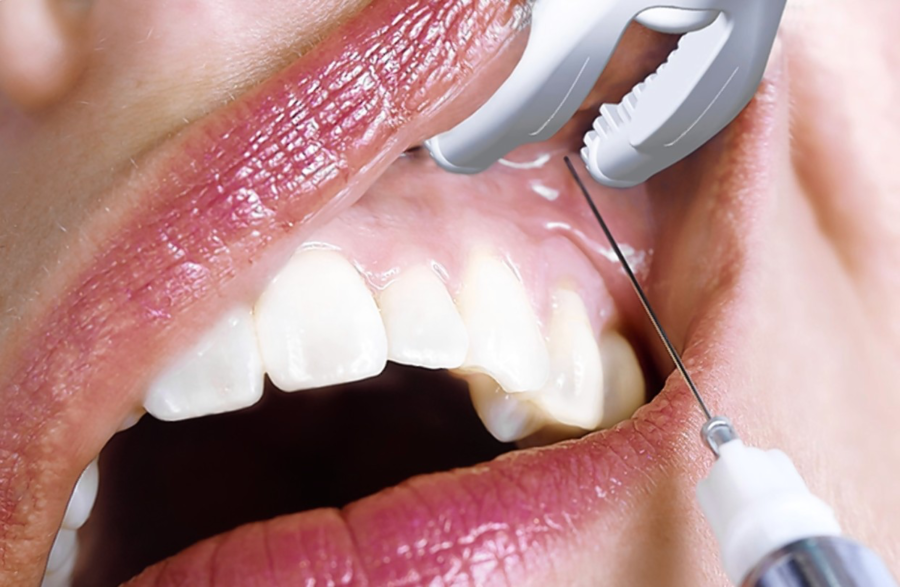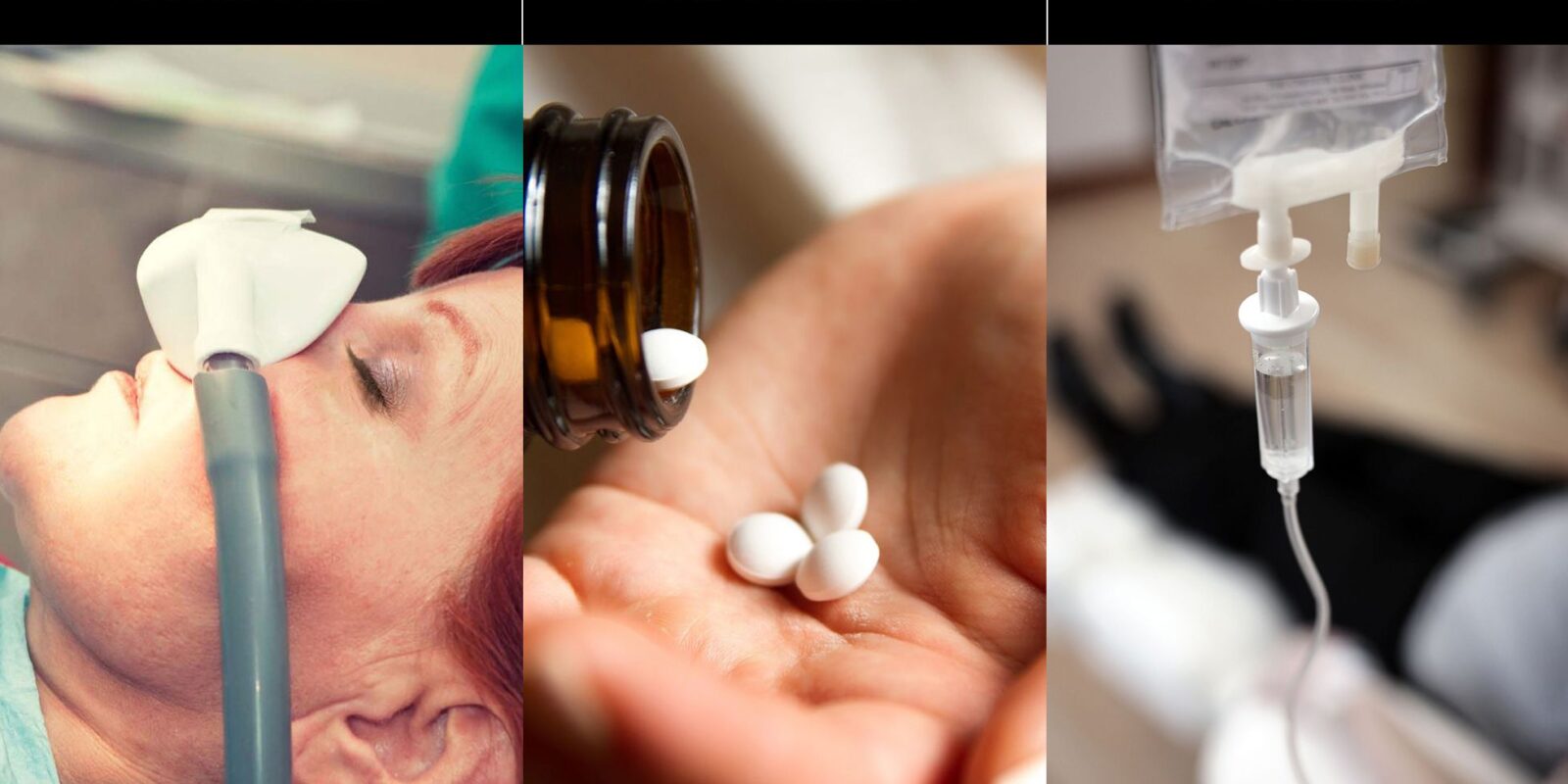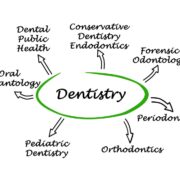When it comes to dental work, you have lots of options. Depending on the type of procedure and your personal preferences, you might choose to get local anesthesia, general anesthesia or another method. There are pros and cons to each type of anesthesia for dental treatment. Depending on your specific needs and circumstances, your dentist might suggest what’s better than another for you. Before choosing a type of anesthesia for dental work, consider your needs and what is best for you. Read on for more information about the different types of dental work anesthetics.
Three main types of anesthesia are commonly used in oral surgery: local anesthesia, IV sedation, and general anesthesia. Always be sure to follow the proper preparation and aftercare instructions from your Oral Surgeon to ensure that you have a safe and successful procedure.
What is general anesthesia for dental work?
General anesthesia for dental treatment is a controlled state of unconsciousness. It does not induce sleep, but rather a deeper level of unconsciousness. General analgesia for dental work is used for all types of dental procedures, especially those that require a person to be still and relaxed during the work.
The dentist will administer the anesthesia and monitor the effects of the drugs and the patient’s breathing, heart rate, and blood pressure throughout the procedure. The doctor will also have help at hand in case of an emergency, such as an allergic reaction or other unforeseen complication.
What is local anesthesia for dental work?
Local anesthesia for dental work is when a dentist or dental hygienist injects a numbing agent near your tooth or teeth. It is a common type of dental anesthesia used for many procedures like fillings, extractions, and root canals. Local anesthesia is often used in combination with other types of dental anesthesia. For example, you may get local anesthesia in combination with some type of needle anesthesia or a drip anesthetic.

Local anesthesia has both topical and injectable forms. Thet can applied to the outside of the tooth or teeth. You will feel numbness or pressure in the area. Injectable anesthesia is injected into the area around the tooth or teeth. You will feel a stinging or burning sensation as the anesthesia is injected.
What is sedation for dental procedure?
Sedation for dental work is a controlled state of drowsiness or relaxation. It does not induce unconsciousness or put you to sleep. Sedation is often used in combination with other types of dental anesthesia. Sedation may be prescribed if you’re anxious about dental work or if you need dental work that requires you to be still or relaxed. Dental sedation is very safe when used properly.

Dentists and dental hygienists who provide sedation are specially trained to administer the medications and monitor you throughout the procedure. Dental procedures that may require sedation include tooth extractions, fillings, oral surgery, and dentures.
What is a needle anesthesia for dental work?
A needle anesthetic for dental work is an injection of anesthesia just under the gums. It is often used in combination with a topical anesthetic. A needle anesthetic for dental work is often used for extractions. The needle anesthetic is often combined with a novocaine injection. A novocaine injection is a combination of a numbing agent and a type of local anesthesia.
What is a drip anesthesia for dental work?
A drip anesthetic for dental work is when a dentist places a small tube into a vein in your arm. Through the tube, a controlled amount of anesthesia is slowly dripped into your bloodstream over a period of time. Drip is often used in combination with other types of dental anesthetics. It is often used with a needle anesthetic for dental work or a general anesthesia for dental work. Drip anesthetics are generally reserved for procedures that take a long time or require a lot of manipulation of the jaw, like oral surgery.

Dental surgery and novocaine injections
If you’re getting major dental surgery, it’s likely that you’ll need a general for dental procedure. However, there are a few procedures that commonly require novocaine injections. These are procedures that are relatively short and don’t require you to be completely still. Some procedures that commonly require a novocaine injection include tooth extractions, gum disease treatments, dentures, and orthodontic treatment
Conclusion
Although it’s not pleasant to think about, dental procedure is an important part of our oral health routine. If you’re getting dental work done, you might be wondering what type of anesthesia to choose. There are lots of options, including general anesthesia, local and , sedation, a needle anesthetic, and a drip anesthetic. No matter which method you choose, be sure to discuss your options with your dentist first to make sure the procedure is as comfortable as possible!






